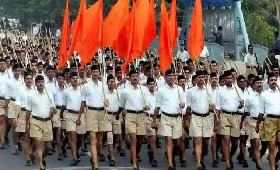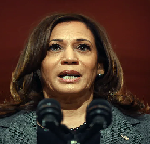A recent order from the Ministry of Personnel allowing government employees to engage in Rashtriya Swayamsevak Sangh (RSS) activities has ignited a significant political dispute between the Bharatiya Janata Party (BJP) and opposition parties.
On July 9, 2024, the Modi government officially rescinded a 58-year-old ban that prohibited government employees from participating in RSS events. This move has been met with sharp criticism from various political figures. BJP leader Amit Malviya defended the decision on X (formerly Twitter), asserting that the original 1966 order, which was imposed following a major anti-cow-slaughter protest and subsequent violence, was unjust. Malviya argued that the ban was a reactionary measure taken by then-Prime Minister Indira Gandhi due to the RSS’s substantial influence.
In contrast, Congress MP KC Venugopal condemned the decision, calling it ‘very unfortunate’ and suggesting that the BJP-led central government is disregarding the people’s sentiments. He expressed concern that the move reflects a failure to learn from past lessons.
AIMIM chief Asaduddin Owaisi also criticized the government, alleging that lifting the ban undermines India’s unity and integrity. Owaisi argued that RSS members, who he claims prioritize Hindutva over national loyalty, should not be allowed to hold civil service positions.
Congress General Secretary Jairam Ramesh strongly opposed the decision, highlighting that the ban, upheld even during former Prime Minister Atal Bihari Vajpayee’s tenure, was essential. Ramesh recalled the historical context, noting that the ban was initially imposed by Sardar Patel in 1948 and later reaffirmed in 1966 to prevent government employees from affiliating with the RSS.
The contentious debate underscores the deepening divide over the role of the RSS in Indian politics and the implications for government employees.



